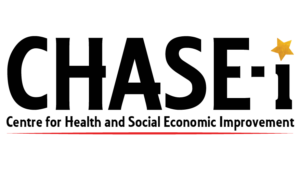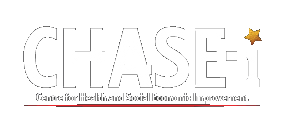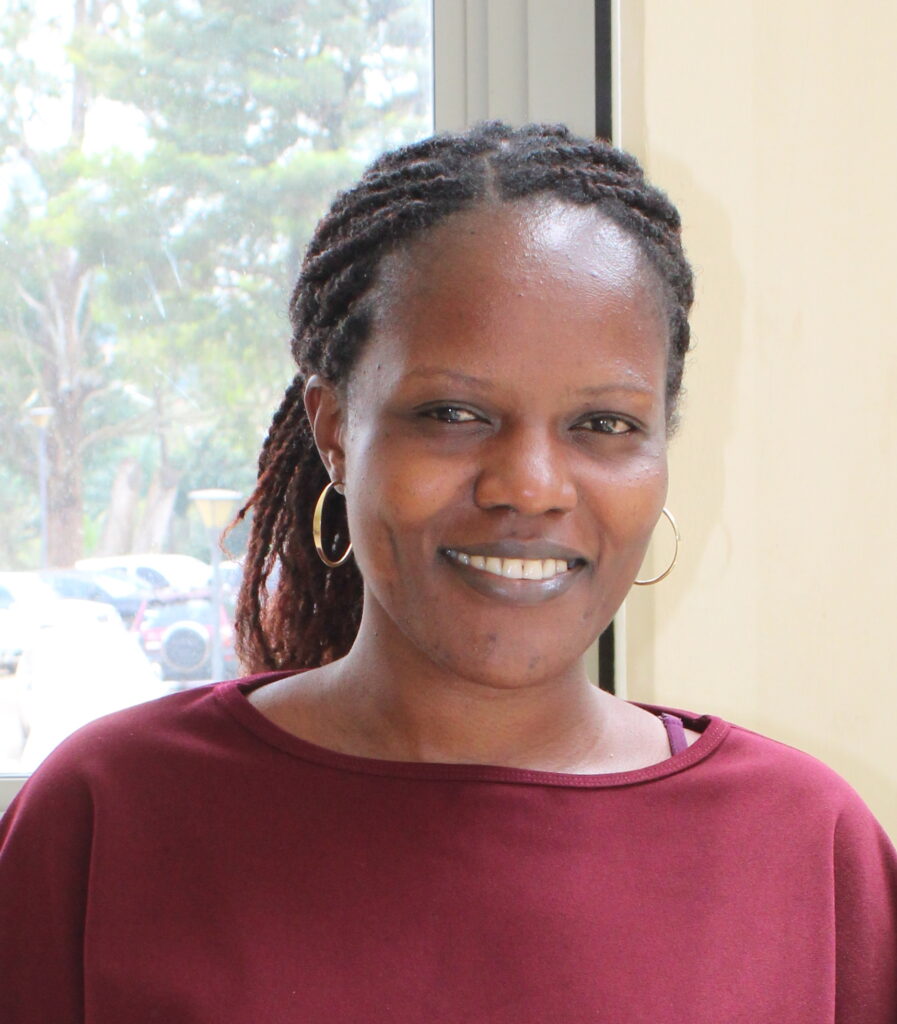REFLECT study: Lessons learnt by the Ministry of Health

Brian Luswata
- November 18, 2021
The Ministry of Health is the probably the biggest beneficiary of this study because the research came at a time when we were being hailed for our pandemic containment efforts. Then the study pointed out there was compliance fatigue because in the beginning, compliance was based mostly on fear but as time went by, people got used to COVID and they started to let their guard down. We were not seeing it and disaster was moving, this what the REFLECT study was telling us. I remember the preliminary findings were published towards the end of last year, at the time of the political campaign season and this non-compliance to preventive SOPs went through the roof. This brought on the second wave, even when we had many rather punitive and coercive rules plus regulations of COVID which I drafted so obviously this study showed us that punitive approach cannot work anymore. It showed us that we need to engage the community more and even think outside the box.
I have been working on the Public Health Act which is the single most important law in the Uganda’s health sector which can help in the response of infectious diseases like COVID. I actually had to go back and see how best we can make a policy that is sensitive to the needs and settings or different contexts of the people. We had to redefine certain terms because, for example we had developed the response tagged to the medical officer for health defined as a doctor and at the district that is is the DHO. The response at national level had narrowly considered the DHO and we realized that this is wrong so we had to expand the term so that the medical officer for health would also include the nurse at the health facility too. We want this response to be shaped by the community using a bottom-up approach because they know how best to deal with the pandemic, and not us.
The study also opened our eyes to know that our health promotion messages were not effective because they were too general. They would not take into regard the specific circumstances of the communities. I found that the refugee communities are unique and require unique messages which are tailored to them and if you have realized over the last few months, our messages have changed. They are age appropriate, target specific demographics like gender and all that. There is this common mistake made in government to initiate policy from the centre, especially being driven by the politicians. But this study showed us that policy should be shaped by evidence from academia, and we also the need for tapping into community experience to plan and develop policy documents.
I am privileged to be the guy who works on most of these policies in the health sector and it has changed my approach when working on policies where the evidence and having contacts in academia, knowing that they are working on, informs my decision making on a daily basis. That marriage between policy and research is the way we can bring out the best polices because most of the ones we have been developing and implementing have not been effective as they are not cognizant of the needs of the people. I think this new Public Health Act will be one of the best Acts in the world because it has been developed from a place of real evidence and understanding the diversity of need, issues and context. It is going to be less coercive and more people-centered. Actually, we want more self regulation than the government telling people what to do. There should be more sensitization compared to telling people that “I will arrest you if you don’t follow SOPs” because the reality of things is different. In a refugee setting, they cannot fulfill all the SOPs but you encourage them as much and the only target the ones who are stubborn for example by way of on spot fines as opposed to custodial sentences. Custodial sentences are actually super spreader events, and we saw that with the first wave trying to arrest people for not complying with the SOPs and then packing them in a tiny prison cell. The effects were disastrous!
Lastly, I thank this team for the work it has done. A lot was done that many typical researchers do not do, and some of this I witnessed it firsthand. For example the study team managed to get the leadership from the Scientific Advisory Committee (SAC) to go with them for the dissemination of findings, and there they informally activated the Community Health Engagement Strategy holding discussions with the leadership and surveillance teams at the district, settlement and village level. That strategy is now gaining more traction and being actively implemented in different sites. I know that this research team was very first one to do that, to have the Ministry as research partner and then get the support of the national COVID Taskforce and so through the study we were able to connect the three levels; national, subnational and settlement level. We also distributed masks to children, and I was part of the team at one of the study sites that distributed these masks. The masks were not many but like the study’s Principal Investigator kept emphasizing, we were sending a message one of which was that children cannot be protected by the large-size adult masks. Beyond that, the research team also engaged the community leaders to educate their women to get a decent cotton cloth material from their homes and use them to locally make some masks for children and adults. This was because community members were complaining about not having masks and still waiting for government mask distribution at the time. So, in that sense the REFLECT project were sowing a seed of behavior change and improving community knowledge. They also produced some behavioral change messages and got the local communities to translate them. It is possible for the research team to think or feel like the impact is marginal, but they engaged groups that were unreached at the time by government and other implementers. As you know civil society is helping us very much as government to respond in refugee settlements. Therefore, listening to the community and their priorities and being able to align them with what the government wants them to do, I think that was an achievement for this study. On our part as the Ministry, we shall continue to strengthen our policy role by borrowing from such studies.
About the Author
Brian Luswata is the Principal Legal and Policy Officer for the Ministry of Health. He was a Co-Investigator on the REFLECT project.


